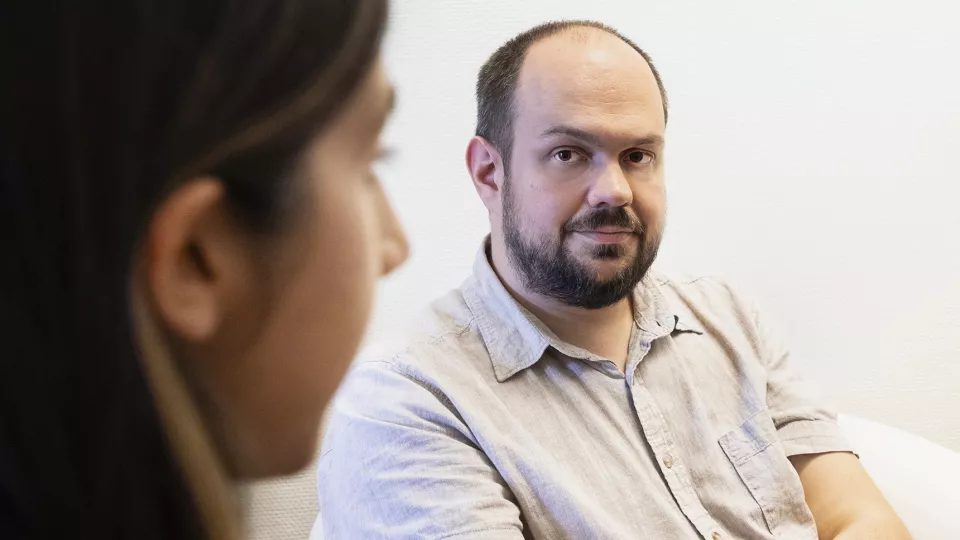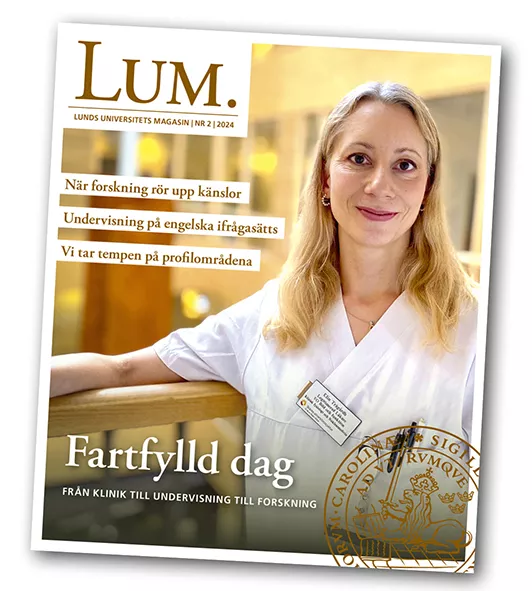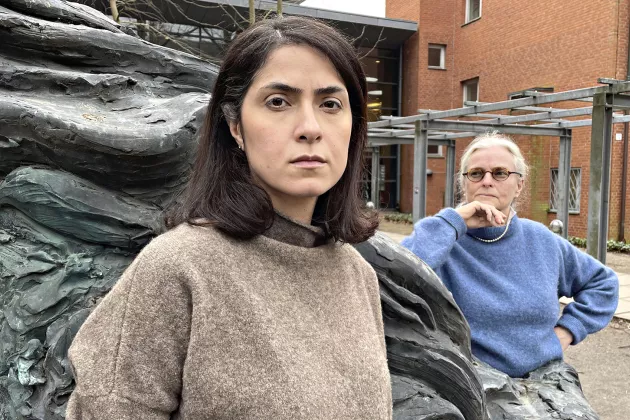“The University could have such a resource, and gather knowledge on how such issues are handled in different countries around the world. That is not something an individual researcher can be expected to do.”
In Sweden, the procedures for dealing with suspected cheating are relatively good, according to Haro de Grauw. The National Board for the Assessment of Research Misconduct is one example. The situation in other countries is less clear.
Cheating is taken seriously
“We also have a culture in higher education institutions whereby cheating and misconduct are taken seriously. I'm not sure the same culture exists in other countries. As researchers in Sweden, and as a Swedish higher education institution, we know very little about how things work in other countries.”
Sara Farshchi's case saw parts of her thesis plagiarised. Haro de Grauw believes that this is far more common than many people think.
“I strongly suspect that this is the case. This is a person who has stayed in academia after completing their doctoral degree. Many doctoral students defend their thesis but then leave academia, so the question is whether anyone would ever discover if their theses were to be plagiarised.”
Support on different levels
In the long run, it is academia itself that risks being damaged, more than those whose texts are plagiarised, he says. Public trust in research and scientists is high and there may be a heavy price to be paid if that trust is damaged by those who cheat.
“There will always be those who cheat, so it's important that there are tools in place for when this happens.”
Haro de Grauw emphasises that there must be support at different levels. It is not only the formal and practical aspects and knowing who to contact for help that are important.
“In situations like this, it is important to find out how the affected person is feeling, and offer support when it is needed.”




